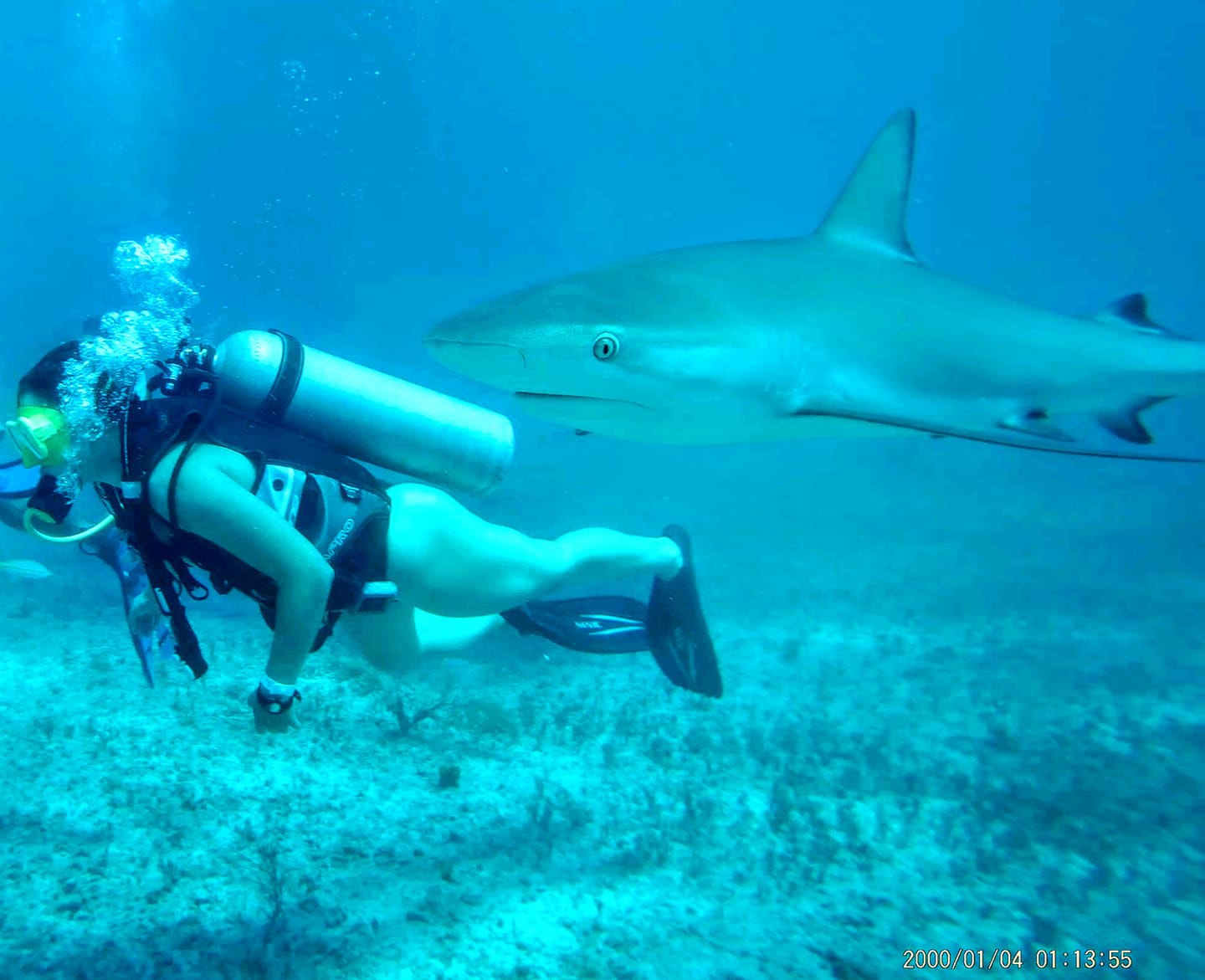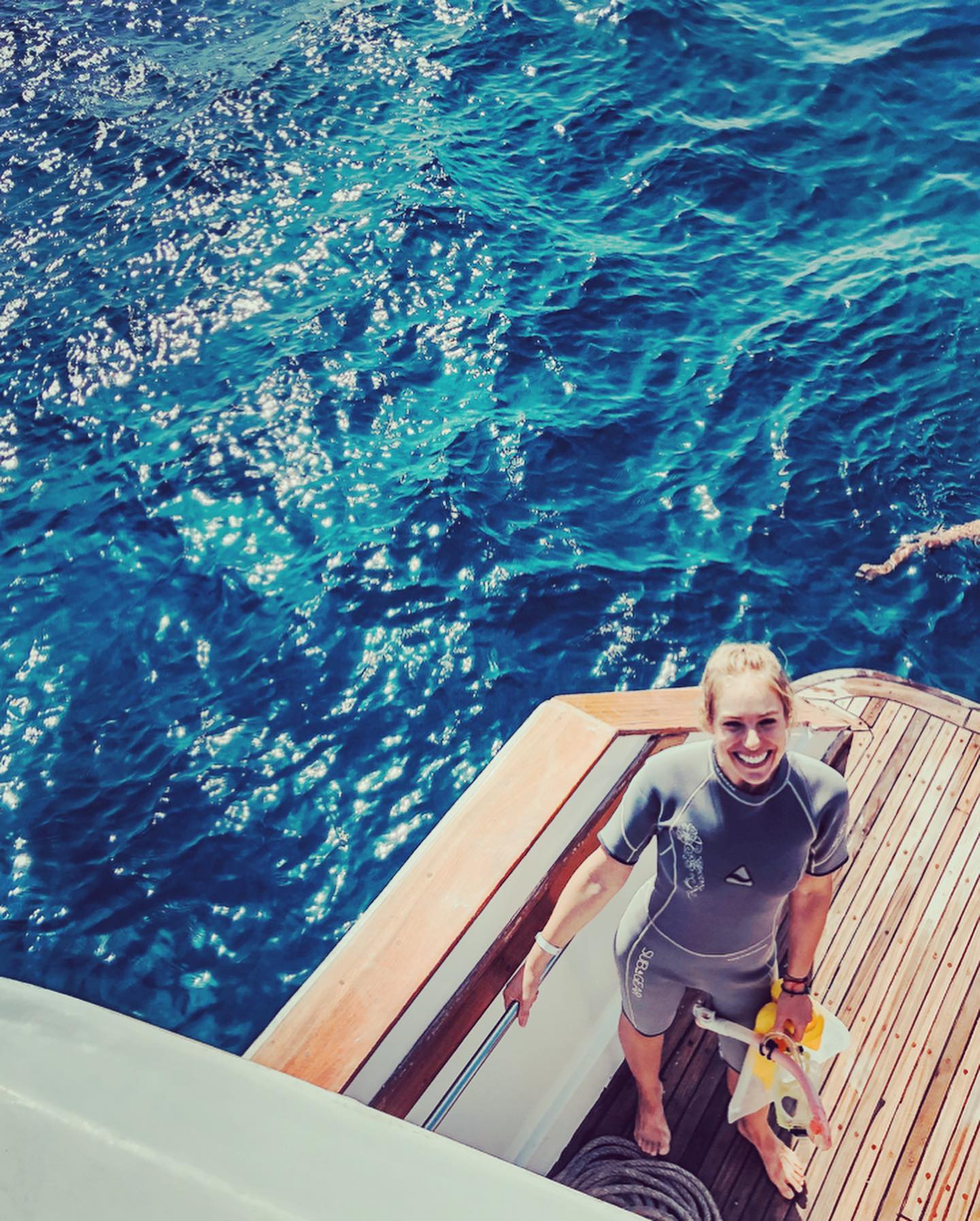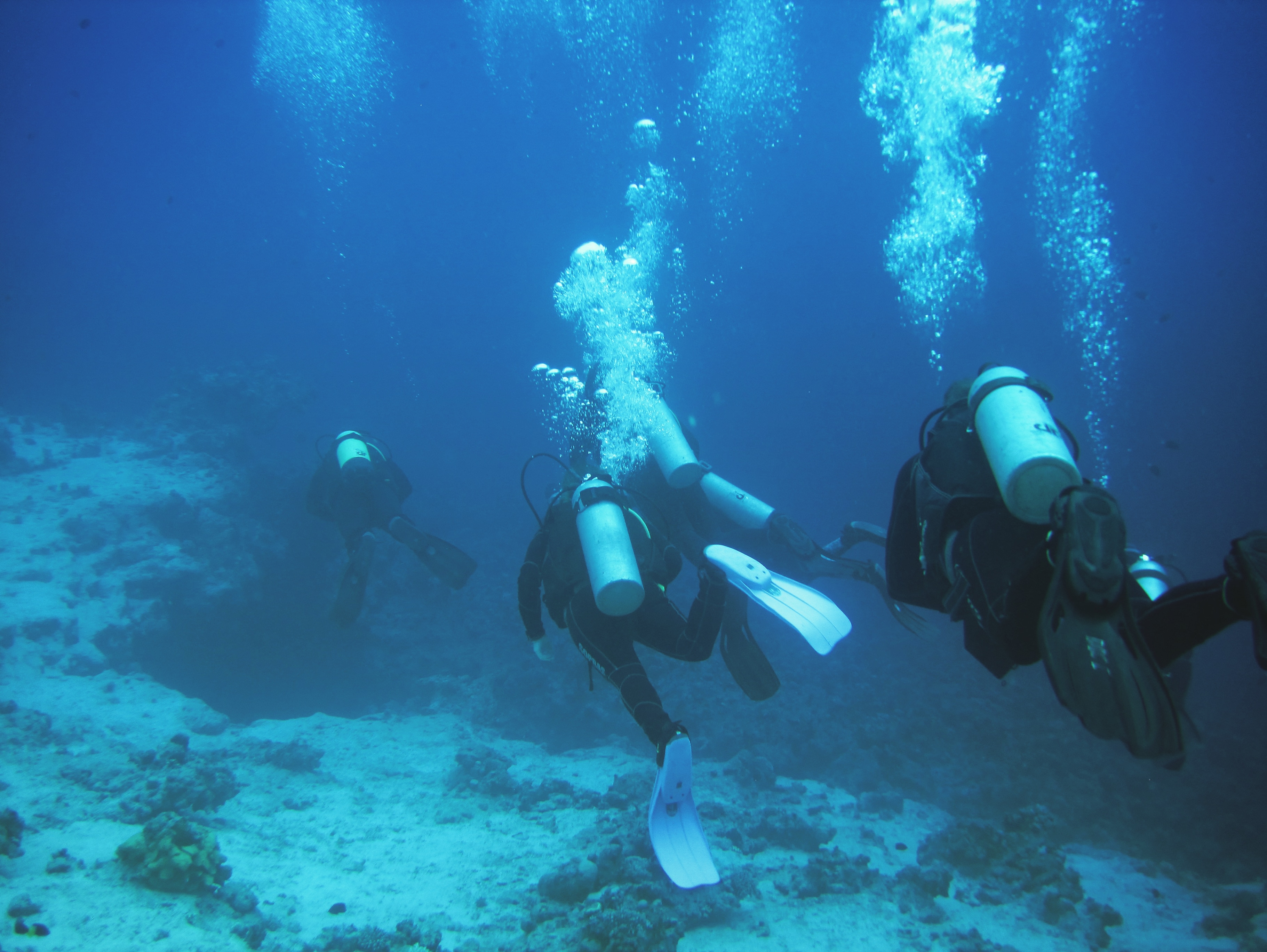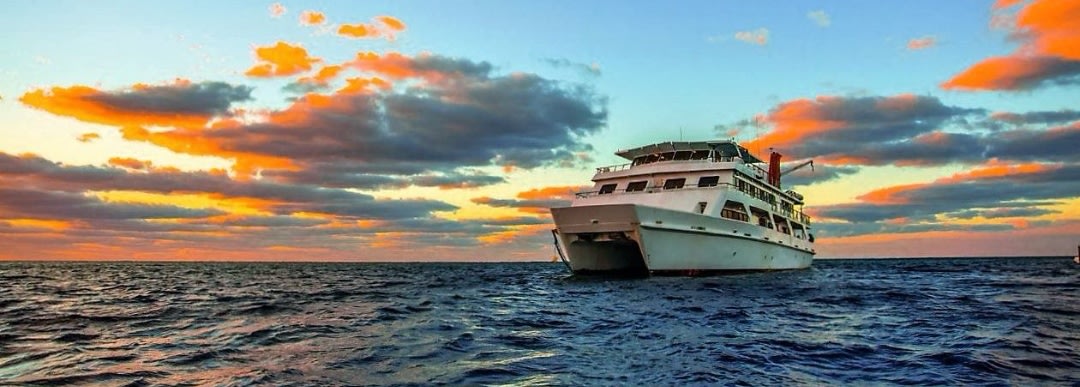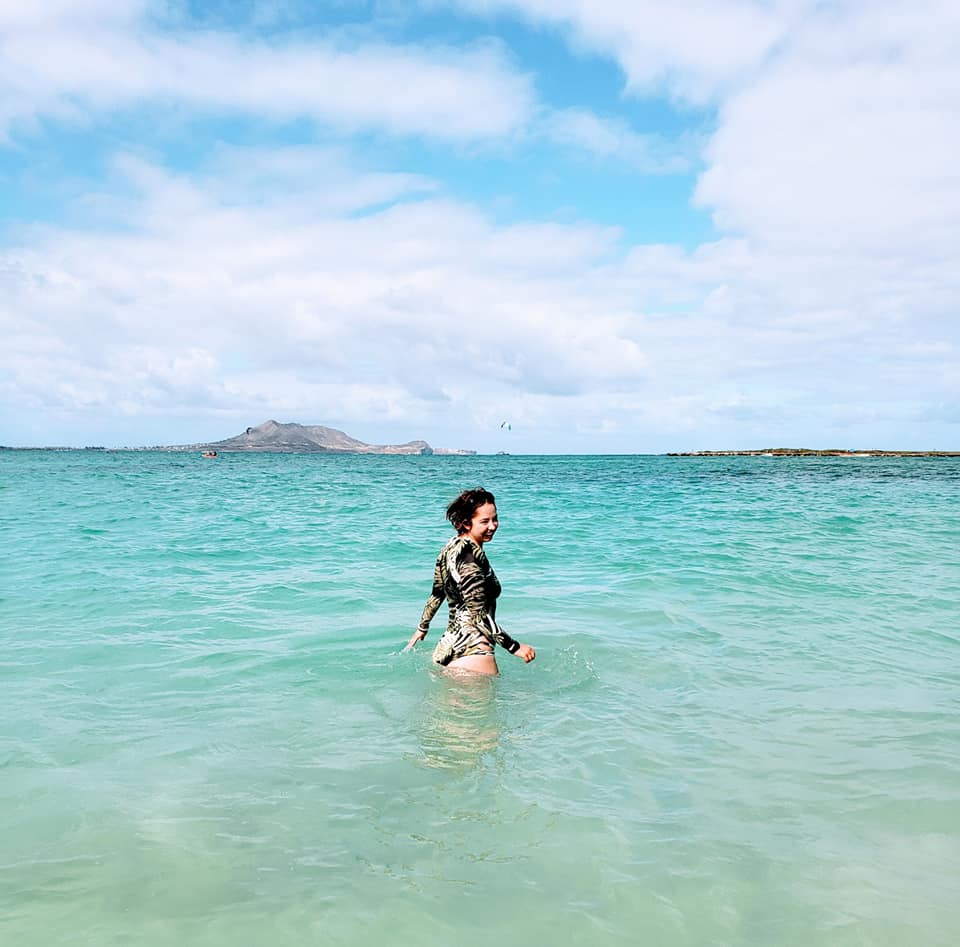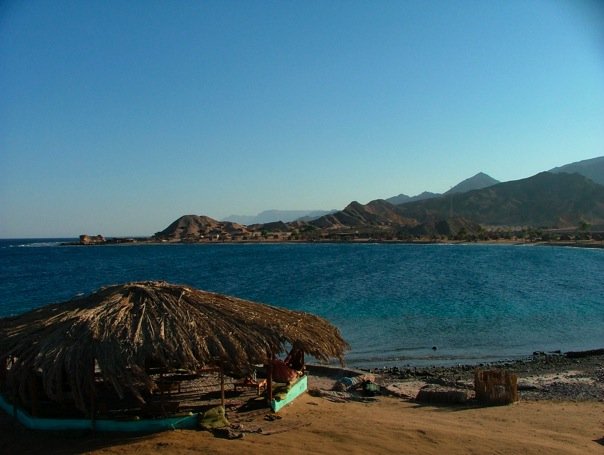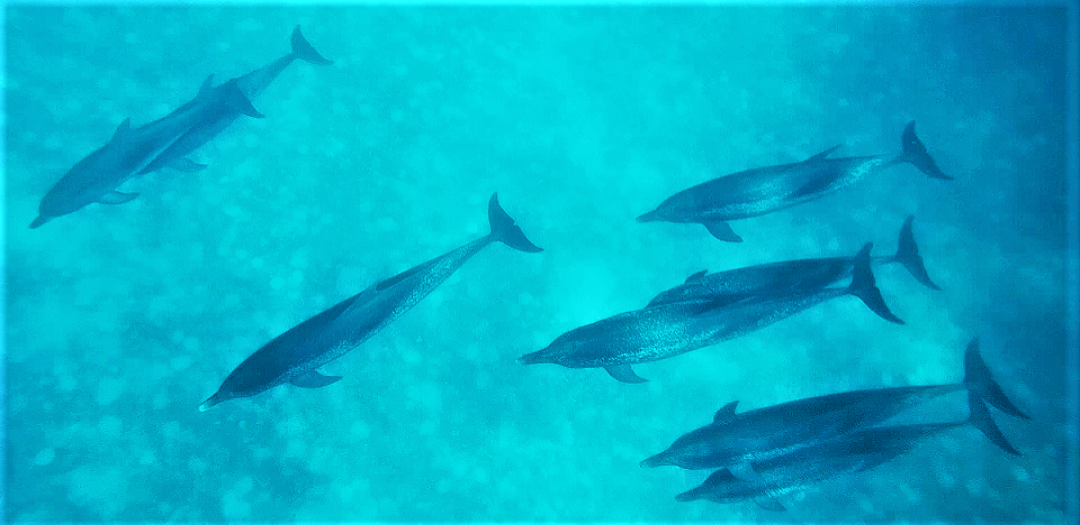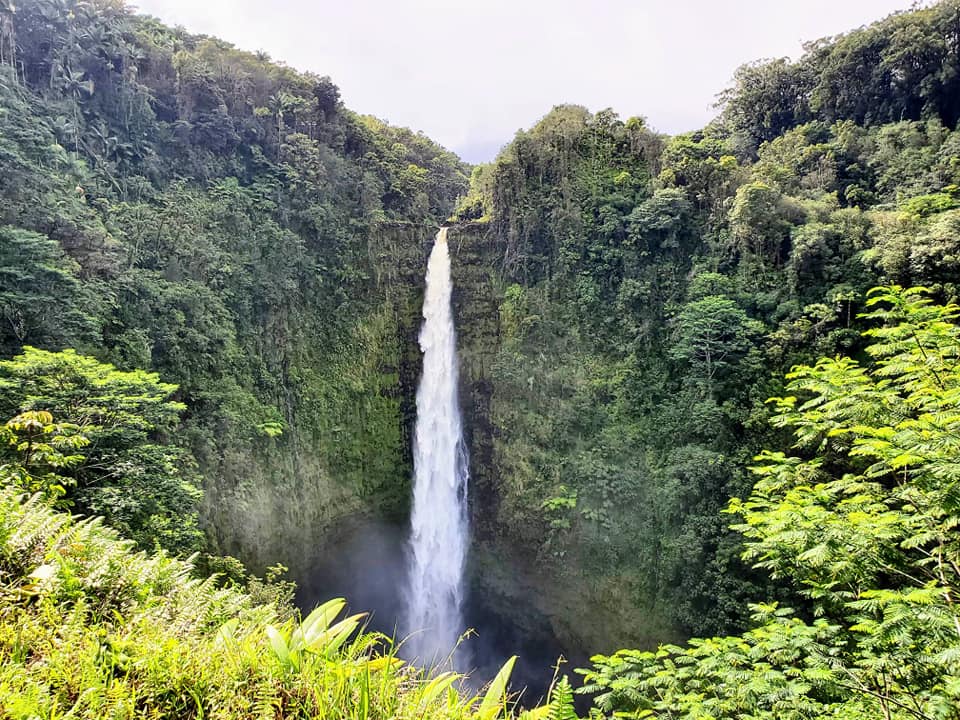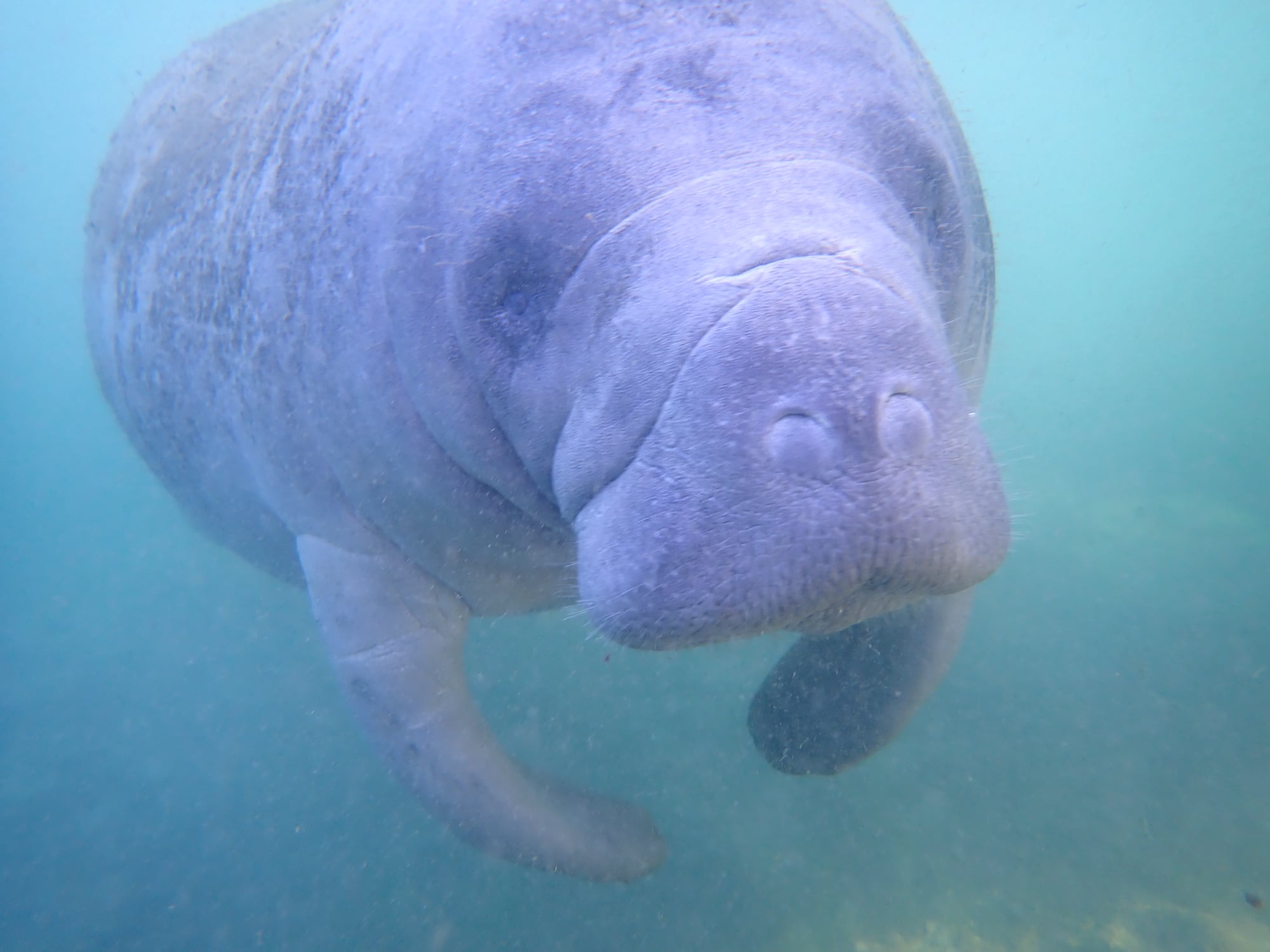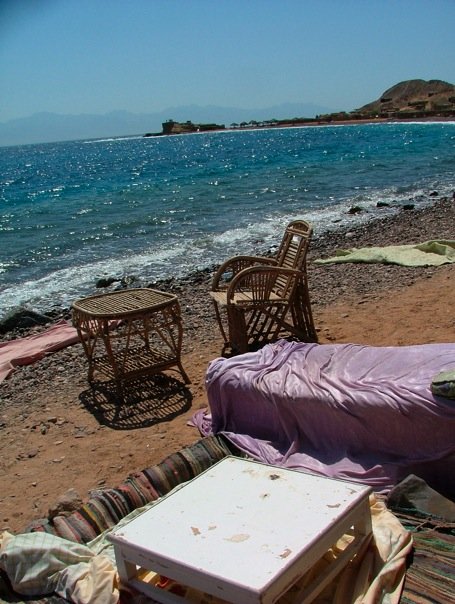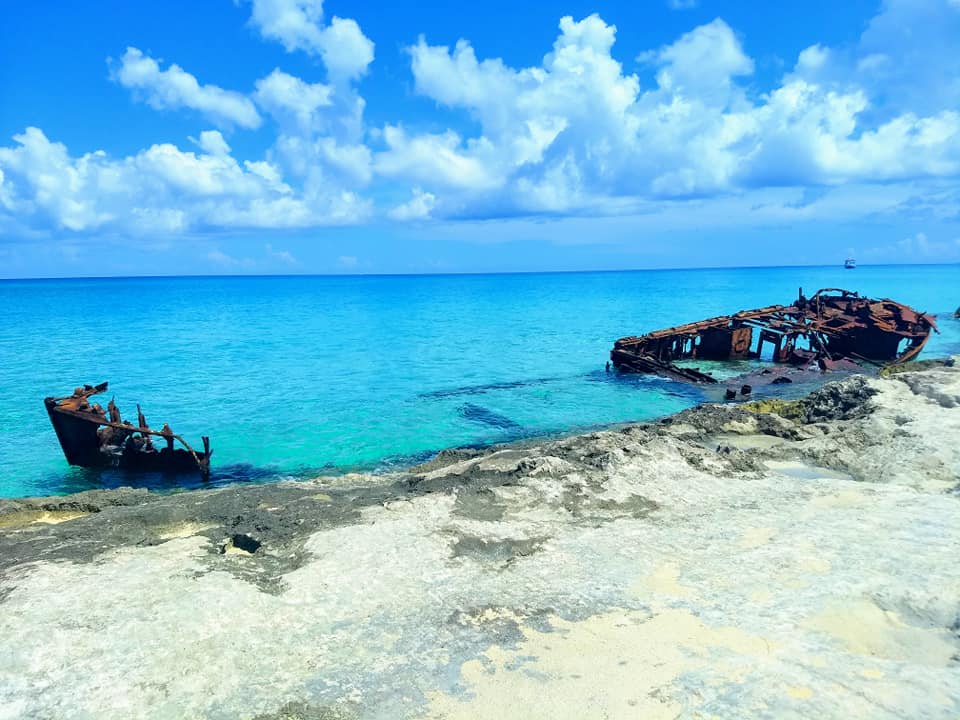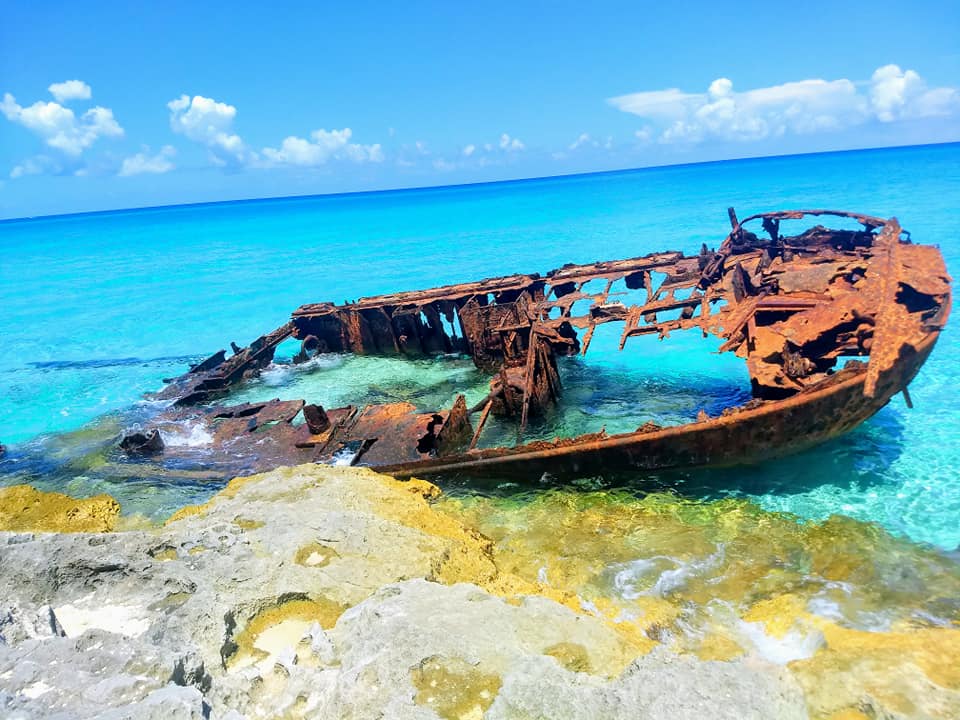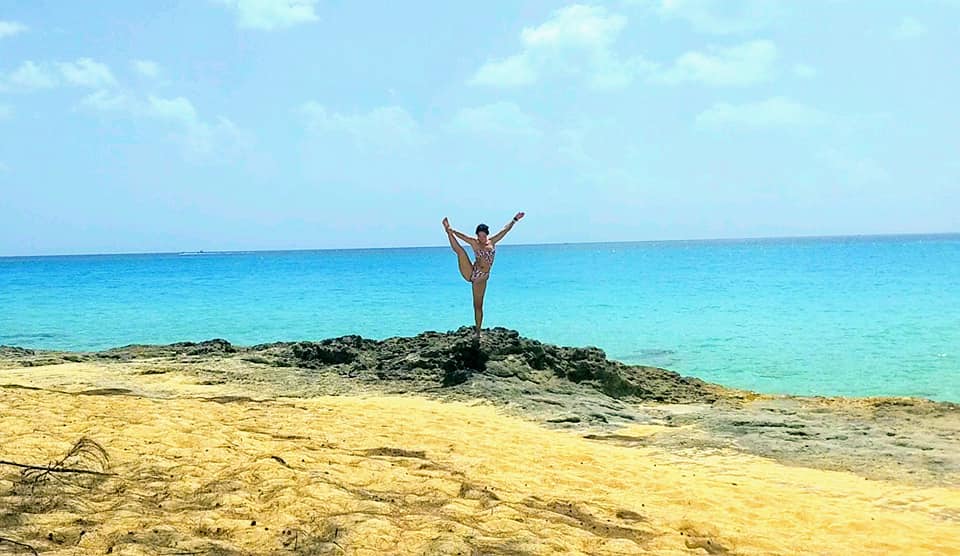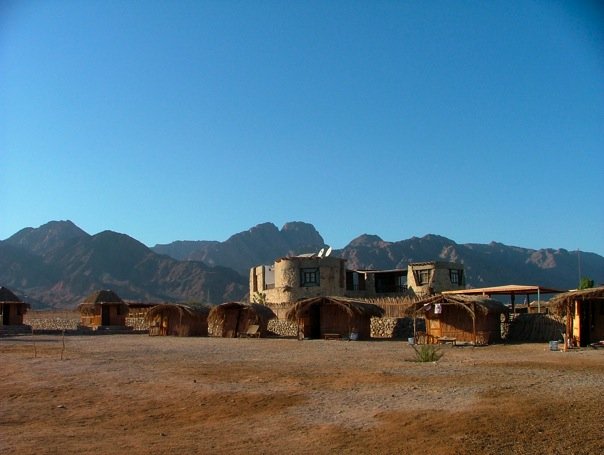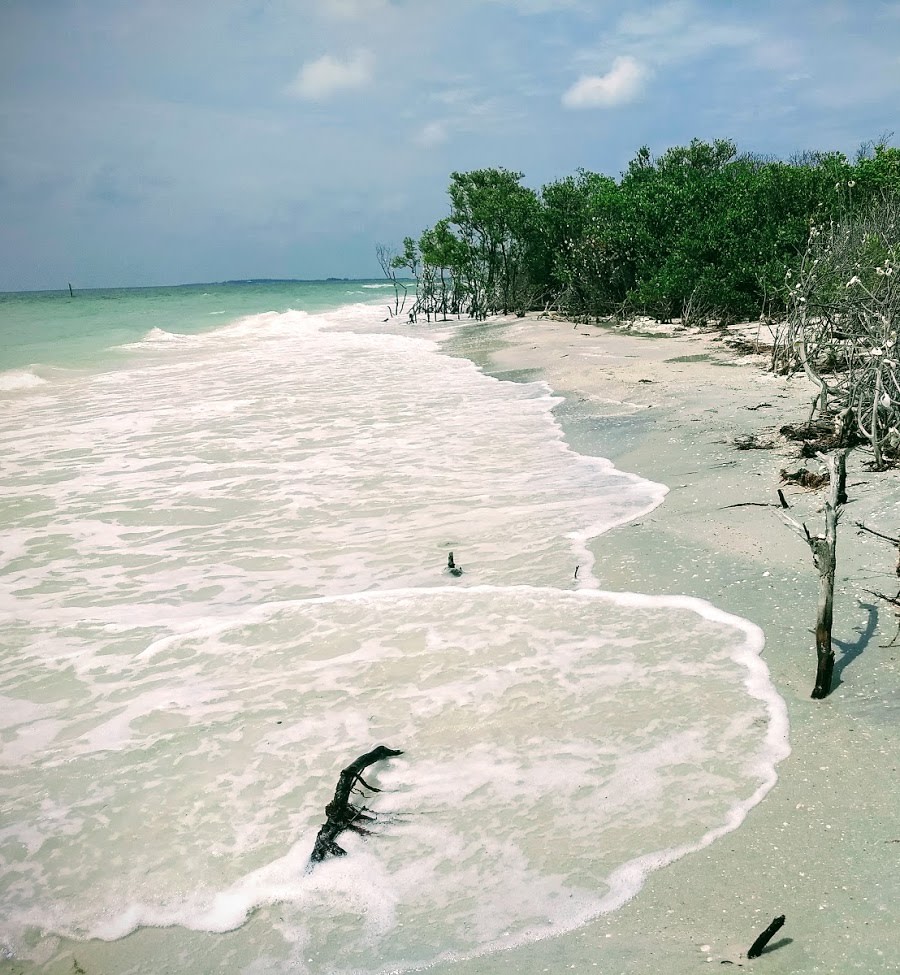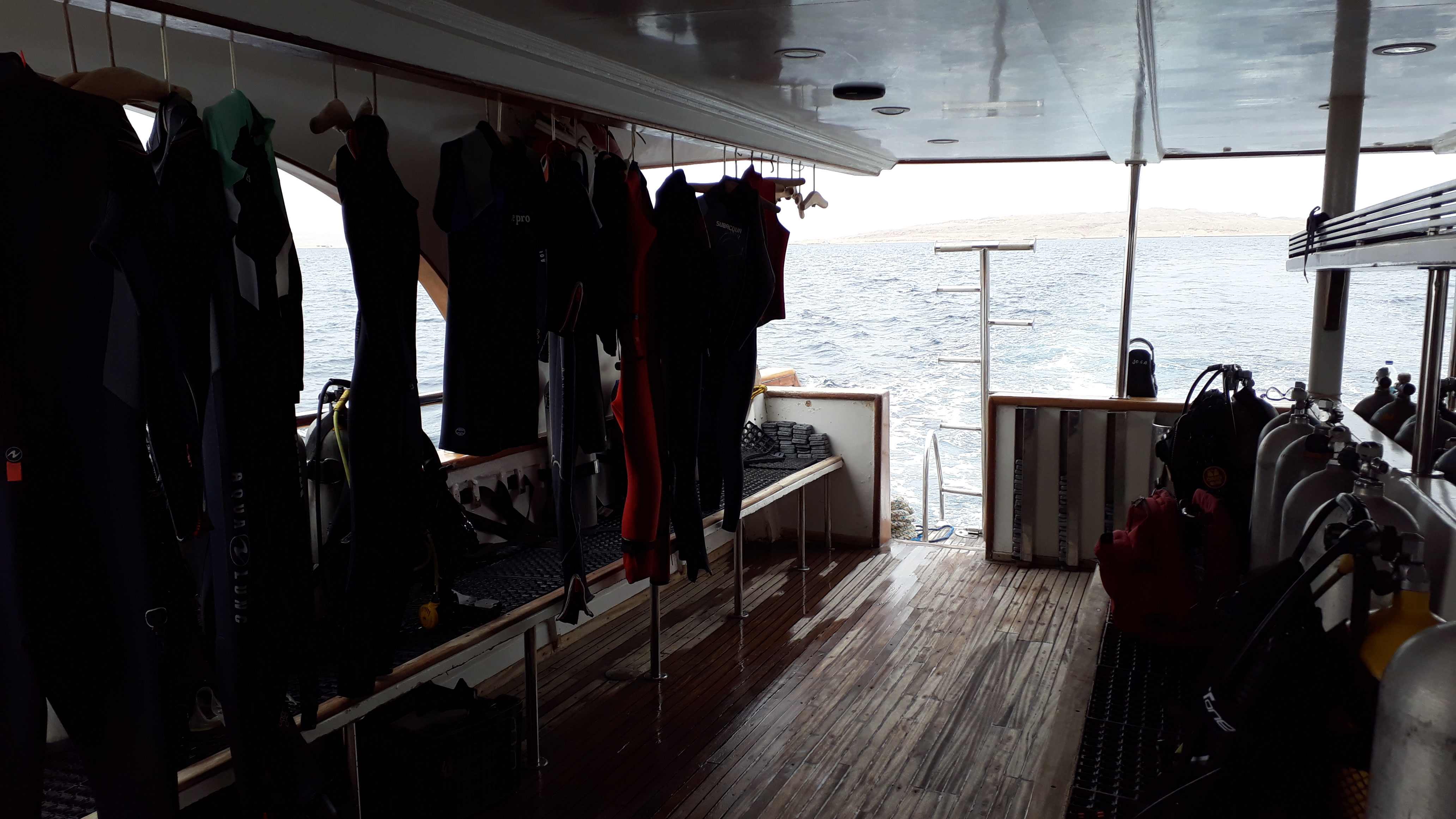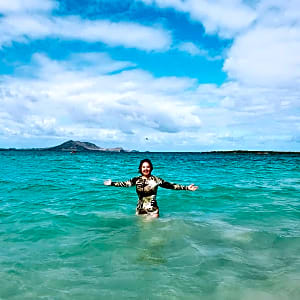Popular Topics
6 Scuba Diving Vacations for 2025

Travelers Share Their Best Scuba Diving Trips
Scuba diving vacations are a fascinating and thrilling way to see the world. And with over 70% of the Earth’s surface covered in water, there’s no shortage of dive sites to choose from. Use AtlasGuru to find real scuba diving trip itineraries from real travelers, and get advice from honest reviews to curate your next diving adventure.
What You Need to Know Before Your Scuba Diving Vacation
Most dive centers will require certification to dive, so it’s a good idea to have your C-card prior to making your scuba diving trip. Open Water is the entry-level certification, and typically runs about $400–$500 USD. There are several agencies to choose from to get certified, and each has different methods and requirements. Whatever your decision, any agency or dive center should recognize certifications from other agencies.
If you’ve never gone scuba diving before but want to try it, there are tours available that will let you experience diving without a certification. Alternatively, there are scuba diving certification trips to choose from, if the idea of getting certified at your dream dive site is more appealing than your local pool. You can choose from inclusive vacation packages or independently select vendors to get scuba certified on vacation.
Your C-card doesn’t expire, but many businesses will ask for a dive history and date of your last dive to gauge experience, so make sure to have that info on hand. If it’s been over six months since your last dive, some agencies will recommend a check-out dive or refresher course.
Ensure your certification matches with the dive site’s requirements—some destinations require more technical or specialty training to dive, such as Night Diver, Deep Diver, Underwater Navigation, or Wreck Diver. It’s also important to research any access requirements for your dive site beforehand, in case you need to purchase a permit or ticket to dive.
Another consideration for your scuba diving vacation is the gear. You can choose to bring your own gear with you, or rent it at a dive shop. Most basic diving gear should be available for rent, but items such as masks, snorkels, or fins may not be. Check ahead of time if your outside equipment will be allowed; some items may be prohibited to protect the environment.
Flying for Your Scuba Diving Vacation
Air travel is dehydrating. If you plan on getting in the water soon after the plane lands at your destination, make sure you stay hydrated during the flight.
While there is no risk to diving right after flying, there are precautions to take when flying or gaining altitude (such as with ground transportation) after a dive. Divers Alert Network recommends the following time intervals before any significant elevation gain to avoid decompression stress:
- At least 12 hours after a single no-decompression dive
- At least 18 hours after multiples dives in one day, or multiple days of diving
- Over 18 hours after dives requiring decompression stops
Best Scuba Diving Vacation Destinations and Where To Go
The best spots to go for your scuba diving trip will be subjective, but there are many well-known places to choose from. Australia boasts the largest barrier reef in the world, with Belize holding the title for second largest, plus the world’s biggest underwater sinkhole. Iceland has geothermal chimneys to explore or stunning visibility at its Silfra Fissure. Indonesia, Malaysia, and the Philippines are just a few well-known dive destinations that sit on the Coral Triangle, the most biodiverse marine ecosystem in the world. Night dives are popular in places like Hawaii or the Maldives. Mexico’s cenotes and underwater cave systems make for unique and technical dive conditions. The Galapagos Islands’ remote location lends itself to a variety of endemic species. Aruba, Bonaire, Curacao, and the Bahamas are popular dive sites within the already-popular Caribbean Sea. Malta provides stunning underwater topography and great visibility. And travelers can even dive in the desert, exploring wrecks and a blue hole in the Red Sea.
Explore AtlasGuru itineraries for unbiased accounts of scuba diving vacations in these locales and more, and make your next scuba diving trip the best one yet.
Photos from trip reports
Top Itineraries
From the experts
Trip Tips
Packing tips for The Bahamas
You will only need summery clothes, such as shorts and dresses, and maybe a light sweater. Both Florida and Bimini are warm year-round, and with very relaxed cultures in both, you're good to wear just about anything you like. For sure bring a sunhat, mosquito repellant, reef-safe sunscreen, and a mask/snorkel to enjoy some free snorkeling on your own.
Transportation tips for Egypt
Uber is reliable and this was our choice and it worked well for us for the most part (excluding the crash with the donkey cart). We also used public buses and the overnight 'luxury' train which was definitely not luxury but an awesome experience.
Any surprises in Hawaii?
Some restaurants in Hawaii are cash-only, so be sure to bring some cash on you. Hawaii only allows the use of reef-safe sunscreen (most sunscreen in mainland USA is not reef-safe) so leave your sunscreen at home and buy some when you're in Hawaii.
More Itineraries


Corsica, french island paradise
Corsica is a french pride, located south of Marseille, this little island is pure beauty. We had a sunny family sports trip, before Christmas ti...
Europe
France

